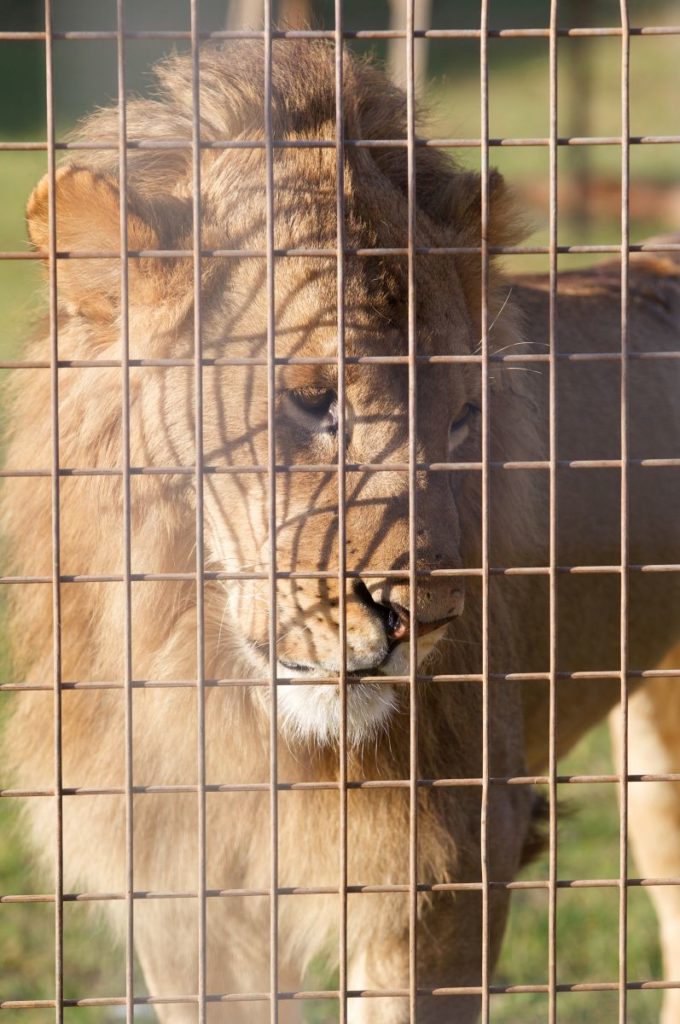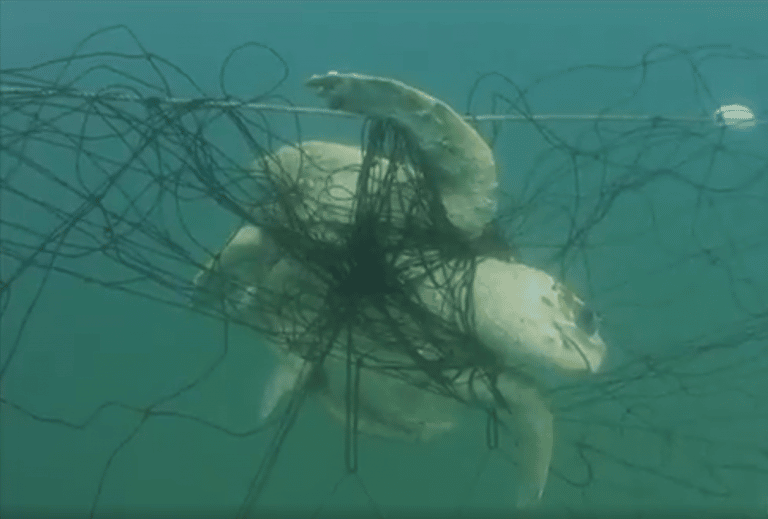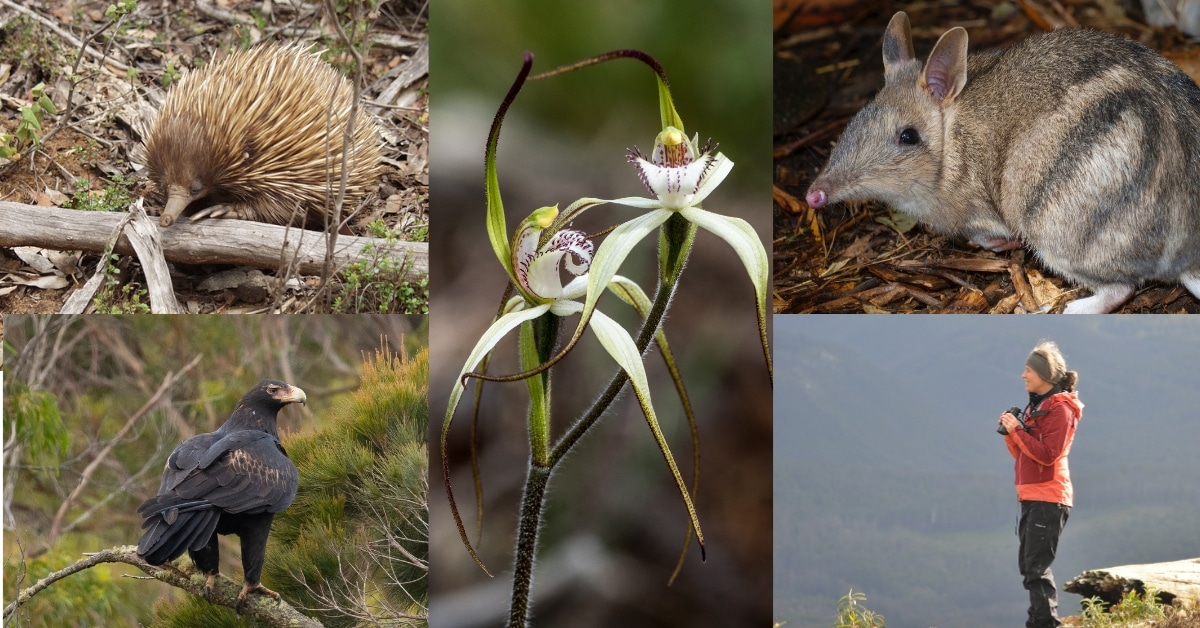SYDNEY (29 March 2025)—NSW Government scientists have issued a damning condemnation of the state’s shark nets, stating that they could find ‘no evidence’ that shark nets decrease fatalities. The Response to the Shark Meshing (Bather Protection) Program 2023/2024 Annual Performance Report, was released late on Friday by the NSW Government’s...
There was a time, not that long ago, when a trip to the circus to watch in awe as an elephant balanced on one leg, or to a marine park to see dolphins spinning hoops on their rostrums was viewed as an exhilarating family experience. But now in our modern world where social media allows news and powerful imagery to spread fast, much of today’s society have a very different view as the reality behind these humiliating shows is laid bare. The days of performing animals, particularly those categorized as ‘wild’ are numbered in NSW.
As our knowledge as consumers advances, so too does the public objection to facilities where animals are unnecessarily and cruelly exploited. Responding to the trend, a parliamentary inquiry is currently underway in New South Wales, thanks to Animal Justice Party MP Emma Hurst, that could soon see an end to the use of wild animals in circuses and the exhibition of cetaceans across the state. This legislation cannot come soon enough.
The Australian Capital Territory government passed legislation prohibiting bears, elephants, giraffes, primates or felines (other than domestic cats) from being exhibited in circuses. In NSW the use of wild animals in circuses is already banned in many councils including Parramatta, Lismore, Wingecarribee, Newcastle, the Blue Mountains, Warringah, Woollahra, Hornsby, Pittwater, Manly, Randwick, Ku-ring-gai, Lake Macquarie, Liverpool and Camden. Unfortunately, one travelling circus continues to operate in NSW proudly exhibiting animals, including African lions and monkeys – Stardust Circus. Despite more than 40 council bans, they continue to be allowed by councils like Bayside and Sutherland Shire. Their shows are often shadowed by a growing crowd of protestors.
The list of countries with bans on the use of wild animals in circuses across the world is also growing, including England, Belgium, India, Mexico, and Singapore. The United States recently saw the final curtain coming down for the famous Ringling Bros. and Barnum and Bailey circuses, closing after nearly 150 years in the business thanks to dwindling audiences.
Entertainment should not come at a price, especially when it impacts the welfare and wellbeing of live wild animals. Teaching children that it’s acceptable for them to be kept and used purely for entertainment is grossly outdated, serving no educational purpose. If anything, quite the opposite. The circus acts that these magnificent species are trained to perform are both humiliating and degrading – children need to learn to respect living things and appreciate their right to freedom.
The threat to human safety should also not be ignored. The mental torment suffered by confined captive animals often leads to unpredictable behavior, sometimes with tragic consequences. Between 1863 and 2001 Australia saw 131 incidents where members of the public or circus staff were harmed, and in 2008 Arna the Asian elephant killed her handler by crushing him to death.

The NSW parliamentary inquiry will also consider the exhibition of cetaceans, that’s dolphins, whales and porpoises. Sea World on the Gold Coast is home to more than 30 captive dolphins and is the biggest of the remaining two facilities holding cetaceans for entertainment in Australia. There is one New South Wales captive dolphin facility at Coffs Harbour, recently renamed Dolphin Marine Conservation Park, which now holds four bottlenose dolphins who are subjected to numerous performances and interactions daily.Stardust circus currently exhibits six lions, four rhesus macaque monkeys, as well as goats, dogs and horses, made to perform for entertainment around the state. These animals are subjected to regular transportation and caged confinement, enduring unnatural conditions that deny them the ability to socialize adequately and exhibit natural behaviours. The lack of stimulation leads to stereotypical behaviours indicating increased stress and boredom. Life in a circus where they are often caged and sometimes kept in isolation is a stark contrast to the life they were created to experience, wild and free.
The Coffs Harbour dolphin facility has attracted much controversy over the years, with the death of a dolphin named Baby Ji in 2015 causing significant public scrutiny. It is reported that a failed attempt by a park vet to clear debris and leaf litter ingested by the baby dolphin from the dirty pool resulted in a heart attack, and the autopsy was never released by the park. In 2016 they received criticism for overworking the dolphins, and although the dimensions of the dolphins’ pool failed to meet NSW standards they were granted a license variation by the NSW Department of Primary Industries.

The very nature of cetaceans makes them uniquely unsuited to confinement. In the wild they travel long distances each day, diving deep, socializing and hunting for live prey in the vast expanse of the ocean, typically spending less than 20 percent of their time at the waters surface. In contrast, around 80 percent of their time is spent at the surface in the comparatively shallow pools in marine parks where they are exposed to the harmful effects of the sun, restricted space, a diet of frozen fish and chlorinated water that can burn their eyes. Their strong social bonds and family infrastructure is often shattered in a captive environment where animals are traded among different facilities, separating close-knit relations. Medication for ulcers and depression are often administered to help alleviate the stress.
Around 3,000 dolphins are kept in captivity globally across more than 50 countries. Fortunately the growing distaste for animals in entertainment has led to legislation banning captivity in countries such as the United Kingdom, Switzerland, Chile, and most recently Canada. TripAdvisor has also acted by ending ticket sales to captive dolphin facilities. Alas, elsewhere the captive trade is still booming, fueling the continued live-capture of wild dolphins to supply marine parks. The major markets for wild-caught dolphins are China, Japan, Russia and the Middle East.
The capture of dolphins from the wild is an ugly business. A small town in Japan named Taiji has made its name as the largest exporter of wild-caught dolphins in the world. They use the highly criticized drive hunting technique to herd wild dolphins into a small cove using a fleet of twelve boats, then selecting the most suitable ones for captivity and either releasing or slaughtering the rest. Another 10 wild bottlenose dolphins were stolen from the ocean by dolphin hunters in Taiji’s notorious ‘Cove’ just this week. Tragically more will meet a similar fate so long as the demand for dolphin captivity and swim-with-dolphin programs continues in some parts of the world. Although Australia’s captive dolphin facilities do not import any wild caught dolphins, they do normalize the display of captive dolphins and fuels the demand for this sort of entertainment, which indirectly supports the activities of the cruel dolphin hunters.

The use of exotic animals in circuses and cetaceans in marine parks is inhumane and outdated with serious welfare consequences which do not serve genuine educative value. Animals should be retired to sanctuaries, with an end to all shows and all breeding programs. A feasibility study is already underway which could see the four dolphins in New South Wales being transitioned to a sea sanctuary, and we urge the state government to offer its support. There is so much innovation in the entertainment world that will thankfully make cruel wild animal displays redundant, such as spectacular shows featuring life-sized animals in the form of holograms or light projections. As consumers, the future of this trend is in our hands. If you too would like to see an end to wild animal exploitation for entertainment, make sure you take the opportunity to voice your objections – be it to family, friends, your local council, or through social media.
Let’s end the demand for animals in entertainment and welcome a future where these magnificent exotic species can live a fulfilling life in the wild, where they belong.
You can ask the NSW Minister for Agriculture to end the exhibition of cetaceans and the use of exotic animals in circuses here.
Georgie Dolphin is a passionate animal advocate and has been part of the team at Humane Society International since 2012. She grew up on a farm in the UK and gained an honours degree in Animal Science at Leeds University. In her role as Program Manager for Animal Welfare, Georgie’s responsibilities include campaign work on donkeys, farm animals, free range food labelling and the fur trade, as well as the operation of the organisation’s true free range program, Humane Choice.


